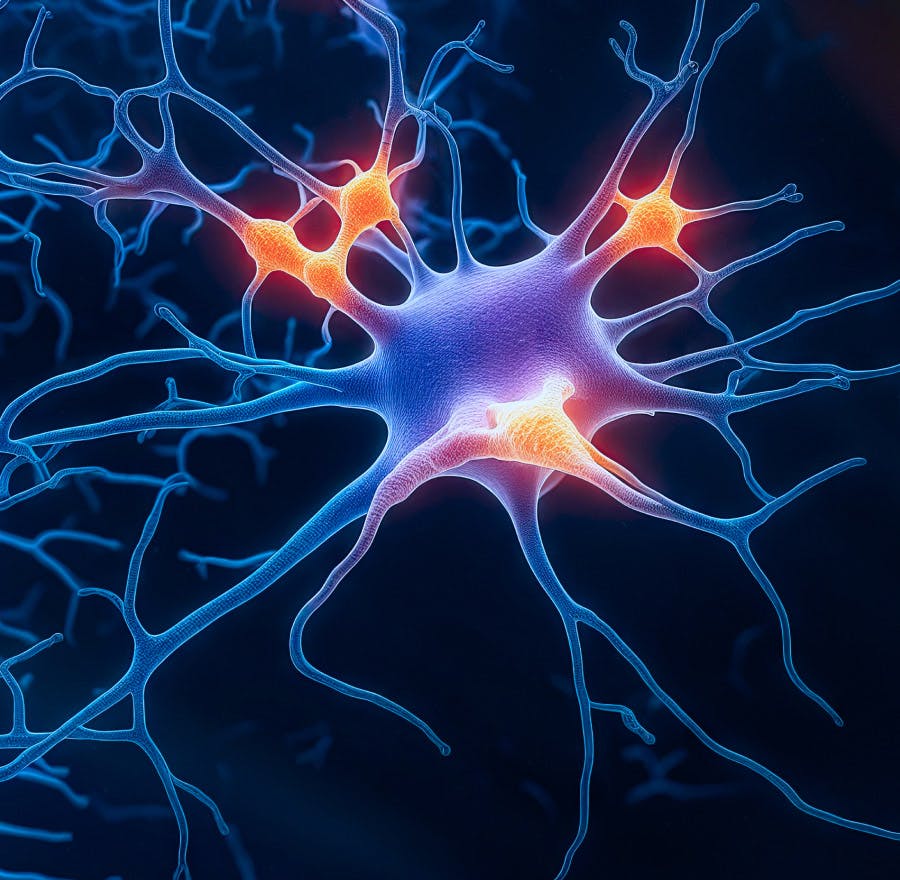California Neurological Institute specializes in minimally invasive techniques designed to treat brain lesions effectively while minimizing recovery time and reducing risks. Endoscopic surgery may be an option for you, helping you to get back to feeling your best as soon as possible.
During the ProcessWhat to Expect
During endoscopic trans-nasal surgery in Valencia & Encino at California Neurological Institute, you will be placed under general anesthesia to ensure comfort and safety throughout the procedure. Our surgeons will guide the endoscope through the nasal passages to access the affected area without any external incisions. The camera on the endoscope provides a magnified, high-definition view of the surgical site, allowing our surgeon to operate with extreme precision. Specialized instruments are used to remove or biopsy the tumor or lesion. Once the procedure is complete, the endoscope is removed, and no external scars remain. Most patients experience a shorter hospital stay, less pain, and a quicker recovery compared to traditional brain surgery methods.






